The Energy & Sustainability Research Group (ESRG) at the Georgia Tech Research Institute (GTRI) conducts systems-based applied research that addresses critical local, national, and international energy, water, and health challenges. Multidisciplinary teams work together to provide water resource and environmental assessments as well as water and energy infrastructure assessments, building evaluations for energy efficiency, and energy and economic modeling.
-
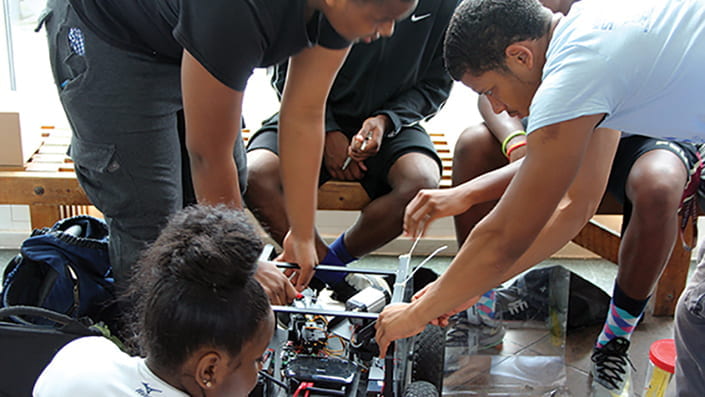
Project ENGAGES
Read more: Project ENGAGESProject ENGAGES is a high school science education program developed at Georgia Tech in partnership with Coretta Scott King Young Women’s Leadership Academy, B.E.S.T Academy and KIPP Atlanta Collegiate, three minority-serving public high schools in the City of Atlanta.
-

Workload and Movement Patterns of Healthcare Providers in the Pediatric Cardiac ICU
Read more: Workload and Movement Patterns of Healthcare Providers in the Pediatric Cardiac ICUICU workload impacts patient care and outcomes, and may be modified by staff movement and perceived workload and stress. In collaboration with researchers at Children’s Healthcare of Atlanta and Emory University, we perform a comprehensive analysis of how workload and physical-cognitive burden on staff impacts patient care and outcomes.
-
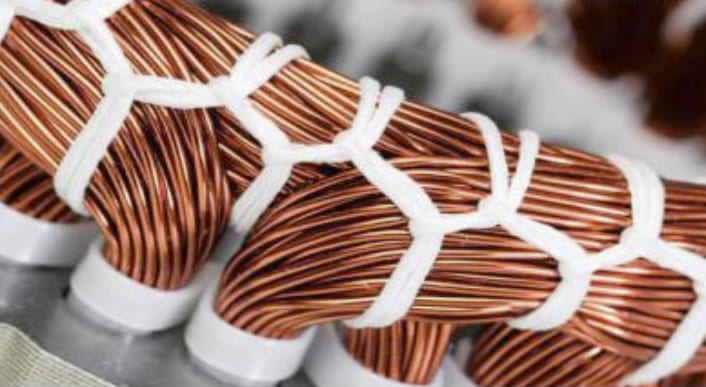
Conductivity-enhanced Alloys with Nanocarbon Additives
Read more: Conductivity-enhanced Alloys with Nanocarbon AdditivesThere has been intensive demand of an enhanced conductive material in areas of the aerospace, electric vehicles, industrial and rail markets. Deploying an enhanced conductive material into these markets has the potential to support transformational technology for power distribution devices/systems that impact our daily lives.
-

Commercialization of High-performance Catalyst for Green Hydrogen Production
Read more: Commercialization of High-performance Catalyst for Green Hydrogen ProductionWater-splitting combined with renewable energy sources is considered as the most promising pathway to produce “clean (or green)” hydrogen with zero-emission. The U.S. Department of Energy is supporting the research and development of advanced technologies for production of clean hydrogen, with a goal of reducing production cost to $1 per kg by 2030.
-
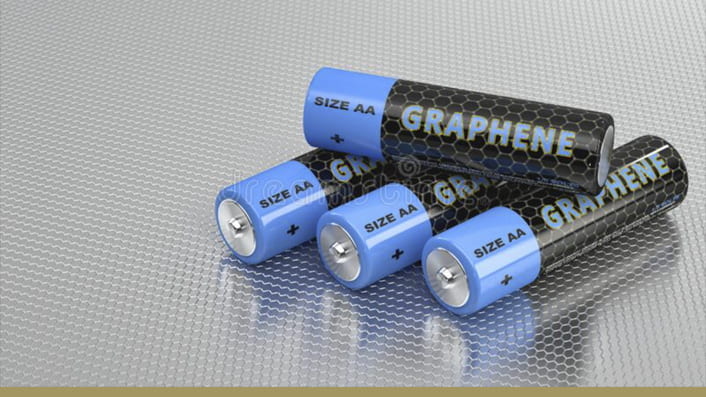
Graphene Batteries
Read more: Graphene BatteriesThe electrodes based on functionalized carbon materials are considered to have a potential to overcome limitations of conventional Li-ion batteries and supercapacitors, exhibiting high capacity and fast charge capability at the same time.
-
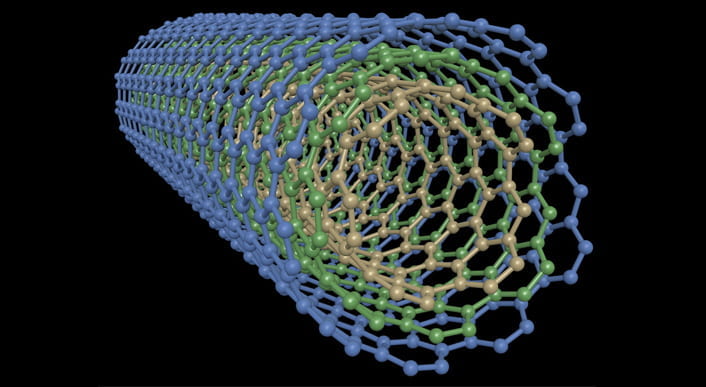
Next Generation Building Materials
Read more: Next Generation Building MaterialsBased on their unique 1D structures, the product nanofibers are employed in a variety of applications including high-power Li-ion batteries, concrete building blocks, conductive paints, catalysts, antimicrobial systems.
-
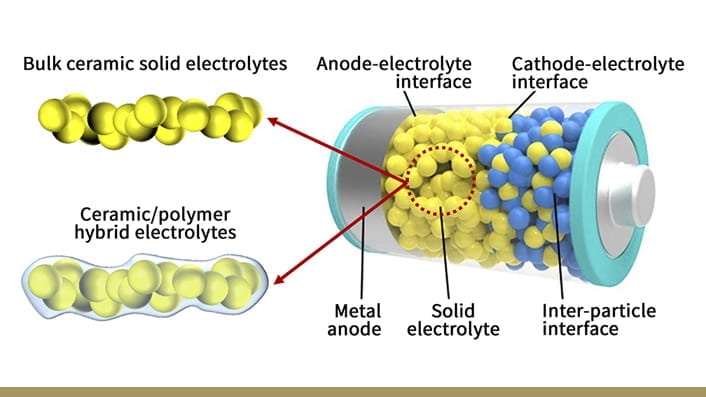
Polymer and Ceramic Hybrid Electrolytes Enabling High-Performance All-Solid-State Batteries
Read more: Polymer and Ceramic Hybrid Electrolytes Enabling High-Performance All-Solid-State BatteriesCeramic/polymer hybrid solid-state-electrolyes (SSEs) are investigated to address intrinsic limitations of ceramic SSEs such as poor mechanical properties and high electrode/electrolyte interface resistance.
